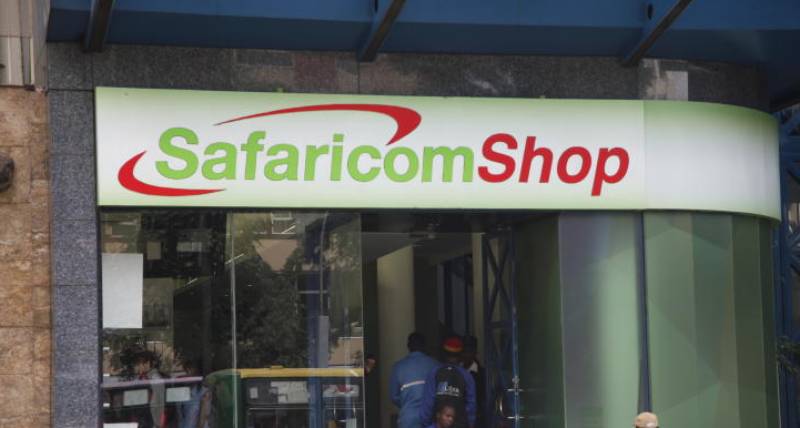×
The Standard e-Paper
Home To Bold Columnists

A day before Safaricom announced a record Sh72 billion net profit, the national statistician unveiled yet another milestone recorded by three players in the telecommunications sector.
The Economic Survey 2020 by the Kenya National Bureau of Statistics (KNBS) showed that last year, airtime overtook beer to become the government’s leading source of excise duty, what is informally known as a ‘sin tax.’